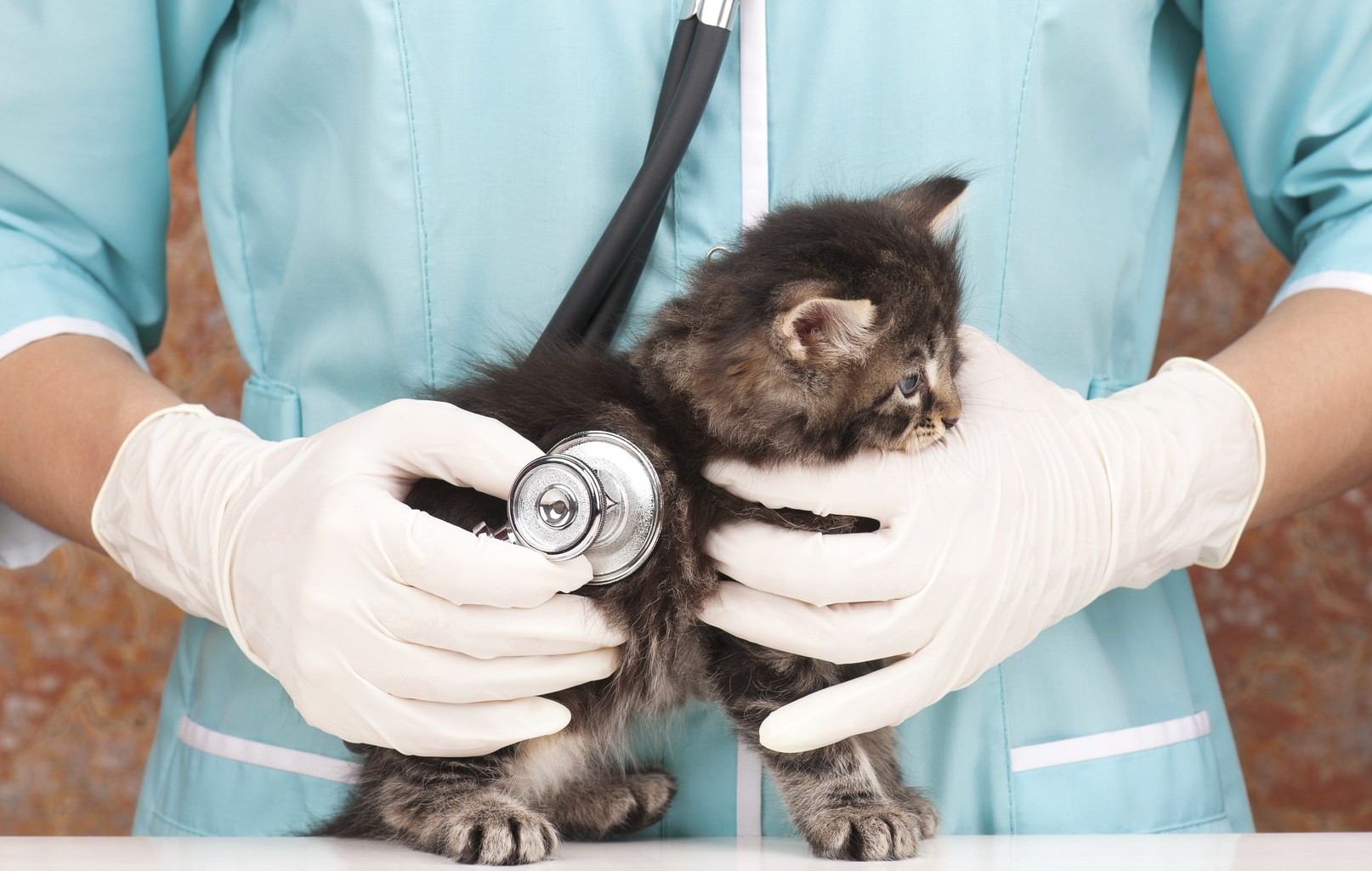
Do you consider your pet as part of the family? If your beloved pet should suffer an illness or accident that could mean extended treatment or surgery, are you protected? Illnesses and accidents can happen unexpectedly and can quickly reach into the thousands. This can leave you burdened with financial debt if you don’t have pet insurance.
What Pet Insurance Covers
Pet insurance is designed to help cover you financially if your pet should happen to fall ill or have an accident. Typically, you can choose your deductible, annual maximum, and reimbursement percentage. Customizing your policy is simple, and once it’s set up, your plan can cover you for things like:
- Devices like mobility aids or prosthetic limbs
- Breed-specific conditions
- Diagnostic imaging and testing (MRI, ultrasound, x-rays)
- Nursing care, hospitalization and surgery
- Behavioral therapy
- Cancer treatment
- Rehabilitation and alternative therapies
- ER and specialist care
You could also get additional (optional) coverage for prescriptions that are medically necessary, such as allergy medicine, antibiotics and ear and eye drops.
Coverage varies by policy; however, you can get covered at affordable monthly rates that will keep you financially protected when you receive care for your beloved pet. Typically, your pet coverage is not dropped due to age and will continue on as long as you insure your pet before they get too old, and don’t let your coverage expire or lapse.
Filing your Claim
Filing a pet insurance claim is straightforward. You normally just pay your veterinary invoice at the time of treatment and then send your insurance company your claim and invoice. They will process your claim and reimburse you.
Exclusions
Of course, each pet insurance policy has its own set of exclusions since no plan covers everything. Some things that might not be covered include:
- Whelping, breeding and pregnancy
- Pre-existing conditions
- Cloning or DNA testing
- Illness or injury resulting from racing, neglect, cruelty or fighting
- Cosmetic procedures like ear cropping, tail docking, and dewclaw removal (unless its medically necessary)
- Organ transplants
These are just some exclusions. There could be more depending on your insurance company. Therefore, you should find out about your policy’s exclusions in advance so you’re prepared and not left with a financial burden.
The best time to take out a pet insurance policy is when your pet is healthy and young. Older pets deserve coverage as well, but you might have a hard time getting pet insurance if you wait until they are aged. To ensure enrollment, you should get your pet insured as early as possible. Contact our experts here at bolt insurance Agency for a Pet Insurance quote today.